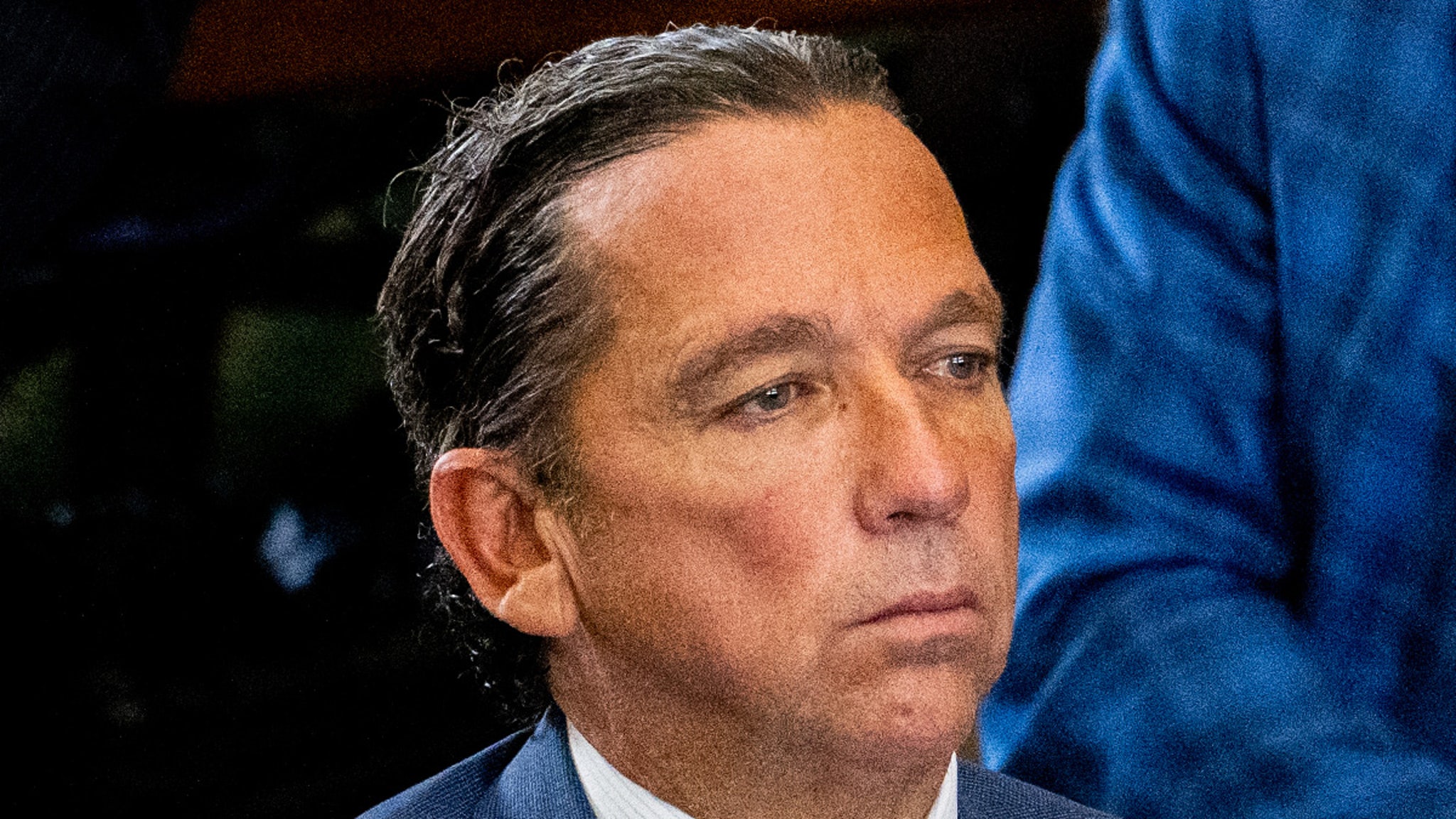Customers shop at a Nike store in an outlet mall in Los Angeles, Nov. 8, 2024.
Frederic J. Brown | Afp | Getty Images
Nike on Thursday posted better-than-expected results under new CEO Elliott Hill, who pledged to “return sport” to the center of everything the company does.
While expectations were low for the company headed into the release, the sneaker giant handily beat Wall Street’s expectations on the top and bottom lines.
Here’s how Nike did in its second fiscal quarter compared with what Wall Street was anticipating, based on a survey of analysts by LSEG:
- Earnings per share: 78 cents vs 63 cents expected
- Revenue: $12.35 billion vs $12.13 billion
Shares rose about 10% in extended trading.
Sales fell to $12.35 billion, down about 8% from $13.39 billion a year earlier.
Nike has been working to turn around its business and fix its product assortment by pulling back on three of its key franchises: Air Force 1s, Dunks and Air Jordan 1s. Those styles dominated Nike’s product lineup under former CEO John Donahoe, but then became so commonplace that they lost their cool factor. Now Nike is trying to cut back supply.
Nike has warned that strategy will pressure sales in the short term. But it has also affected Foot Locker, which missed Wall Street’s estimates on the top and bottom lines in its third-quarter report Dec. 4 in part because of soft demand for Nike products, its CEO Mary Dillon told CNBC at the time.
Foot Locker’s dismal quarter was a warning sign for Nike and a clue that investors may need to be patient as they wait for the sneaker giant to turn its business around. When Nike reported earnings Thursday, Hill will have been in the new role for just over two months, and it’s going to take time to see the effects of strategy changes.
Elliott Hill, president and CEO of Nike, Inc.
Courtesy: Nike
Hill has his work cut out for him beyond fixing Nike’s product assortment. He’ll need to power up Nike’s innovation pipeline, reset its relationships with wholesalers and improve morale after a series of layoffs and a breakdown in culture.
Since taking over, he has scored a few wins. The National Football League announced Dec. 11 that it had renewed its contract with Nike after it briefly courted other bidders. Amid criticism for falling behind on innovation and botching a uniform release for Major League Baseball, the NFL’s decision to renew its contract with Nike through 2038 was a major vote of confidence.
Now, Nike is the exclusive uniform provider for the NFL, MLB, and the National Basketball Association.
Shares of Nike were down about 27% in 2024 as of Wednesday afternoon, compared with a roughly 27% gain for the S&P 500.






